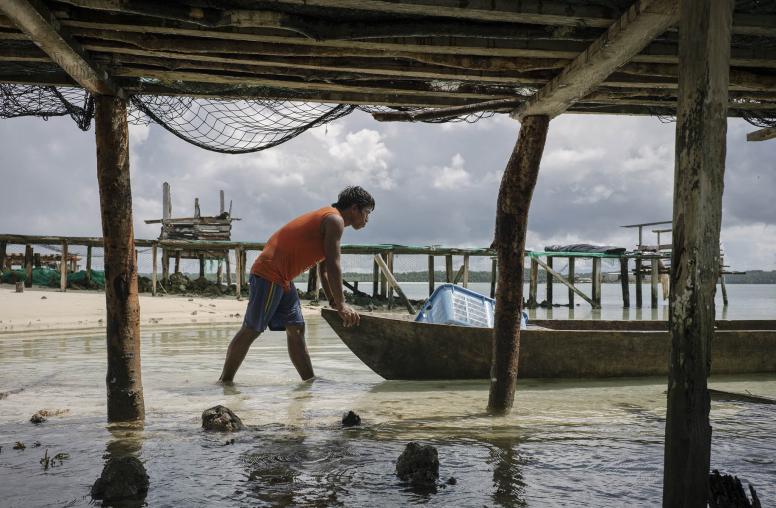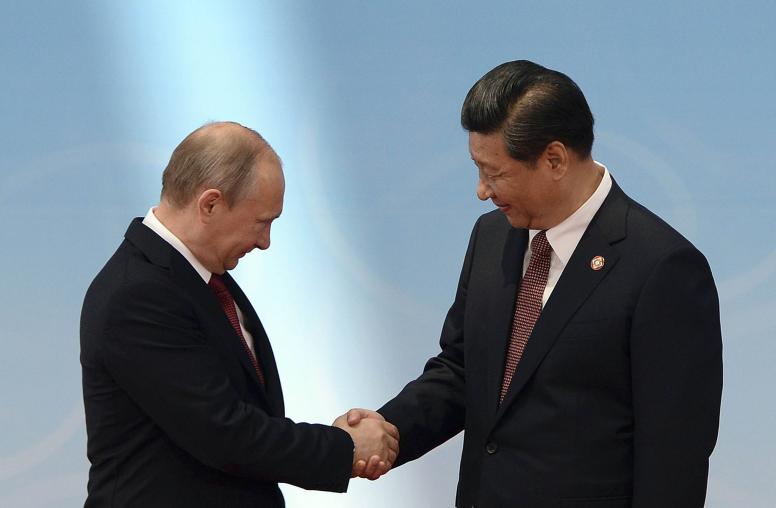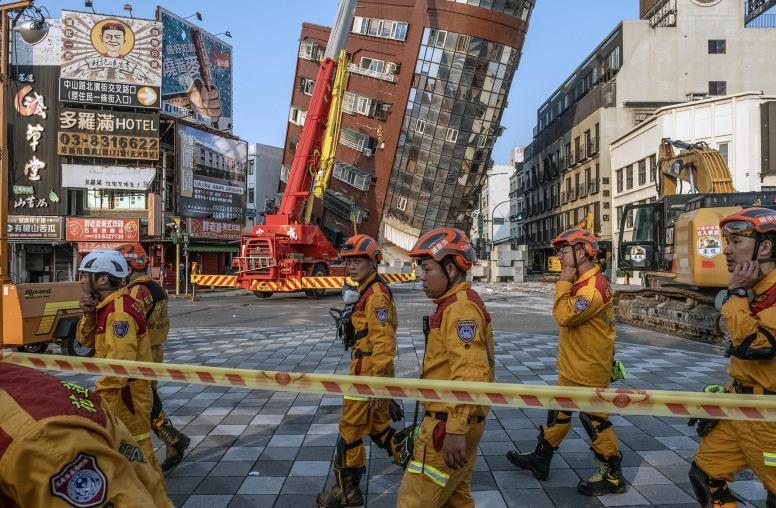There are a number of avenues for communication between China and the United States, but few are formal, established connections between the two governments. This leaves policymakers dependent on less direct mechanisms that make it difficult for each side to get a clear sense of what the other is looking to achieve — a predicament that is especially dangerous for crisis communications. Chad Sbragia, a research staff member at Institute for Defense Analyses, discusses how U.S.-China crisis communications can be improved and why effective diplomacy with China may resemble bargaining more than cooperation.



